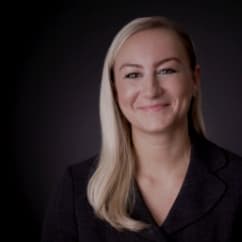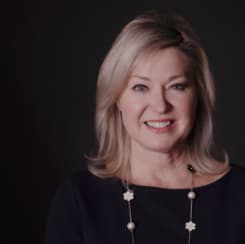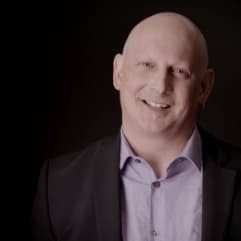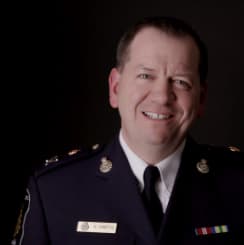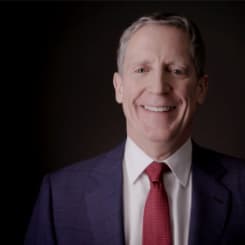Improve and innovate is a key objective of the GTAA’s leadership development and training programs. To that end, for the past three years we’ve partnered with The Ivey Academy of Western University to deliver a customized senior leadership development program. By the end of 2019, four cohorts of up to 25 leaders each had completed the nine-day program. It starts with an initial half-day devoted to design thinking, a widely used innovation methodology; learning sessions are facilitated by specially trained members of our own human resources team. Participants are then assigned to cross-functional project teams and tasked with applying their newly acquired skills and tools to solve real GTAA problems.
Several of these innovation projects have been put into action at Toronto Pearson, helping to improve apron safety, enhance passenger experience, reduce paper consumption and increase collaboration among regional airports, to name just a few of the positive outcomes.
While each of these projects is significant in its own right, equally important is our commitment to developing executives who are capable of, and comfortable with, leading innovation. The example they set is vital for fostering the cultural change needed to drive our business forward.
In 2019, the GTAA allocated the equivalent of one per cent of net income to our Innovation Fund for collaborative research projects, proof-of-concept pilots and testing of new systems and processes. This represented a planned investment of just over $1.3 million.
 The Pearson Aviation Academy provides airport operations training for various function-specific skills throughout the aviation industry.
The Pearson Aviation Academy provides airport operations training for various function-specific skills throughout the aviation industry.
The Pearson Aviation Academy, our innovative partnership with Seneca College, is gaining momentum – and generating interest in the industry. Formally launched at the beginning of 2019, the program provides consistency in airport operations training and makes it easier for people across the GTAA to move up the ladder in their current areas or join other operations groups. The three-tier program progressively builds the knowledge, function-specific skills, and broader communications and leadership skills needed to run an airport effectively.
By year-end, 76 managers from our four operations groups had completed the first curriculum level; demand is so high that we’ve had to hire a full-time instructor. We’ve already begun designing and piloting customized curriculum for the next level, targeting priority groups. We’ll continue developing and testing the full curriculum with Seneca through 2024 as various groups complete each level. The initiative has also attracted interest from human resources leaders at several other Canadian airports, who gathered at the GTAA in late 2019 to discuss the success of the Academy and how they might get involved.
